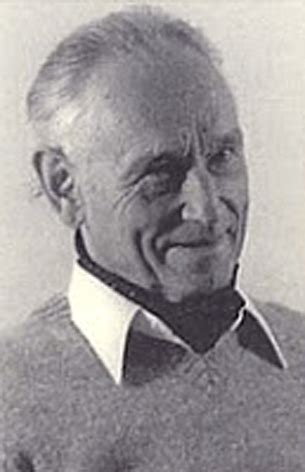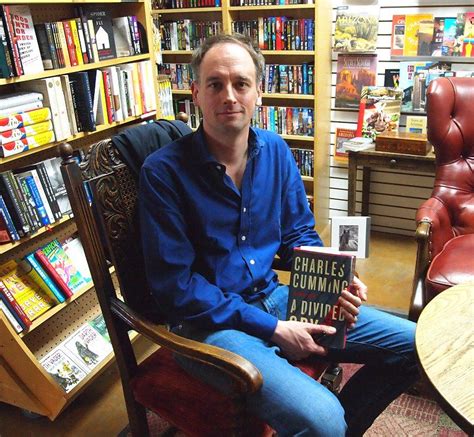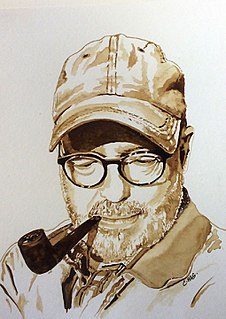A Quote by Brennan Manning
The ancient spiritual tradition is that God gives himself fully to us in silence and solitude.
Related Quotes
We need silence to be alone with God, to speak to him, to listen to him, to ponder his words deep in our hearts. We need to be alone with God in silence to be renewed and transformed. Silence gives us a new outlook on life. In it we are filled with the energy of God himself that makes us do all things with joy.
The simplest spiritual discipline is some degree of solitude and silence. But it's the hardest, because none of us want to be with someone we don't love. Besides that, we invariably feel bored with ourselves, and all of our loneliness comes to the surface.We won't have the courage to go into that terrifying place without Love to protect us and lead us, without the light and love of God overriding our own self-doubt. Such silence is the most spacious and empowering technique in the world, yet it's not a technique at all. It's precisely the refusal of all technique.
The law of giving and receiving is fundamental, and relates just as much to God as it does to us. As we go through the door of giving ourselves to God in worship we find that God comes through that same door and gives Himself to us. God's insistence that we worship Him is not really a demand at all but an offer-an offer to share Himself with us. When God asks us to worship Him, He is asking us to fulfill the deepest longing in Himself, which is His passionate desire to give Himself to us. It is what Martin Luther called "the joyful exchange."
He who asks to receive his daily bread does not automatically receive it in its fullness as it is in itself: he receives it according to his own capacity as recipient. The Bread of Life (cf. Jn. 6:35) gives Himself in His love to all who ask, but not in the same way to all; for He gives Himself more fully to those who have performed great acts of righteousness, and in smaller measure to those who have not achieved so much. He gives Himself to each person according to that person's spiritual ability to receive Him.
Spiritual lust--'I must have it at once'--causes me to demand an answer from God, instead of seeking God himself who gives the answer. Is today 'the third day' and He has still not done what I expected? Whenever we insist that God should give us an answer to prayer we are off track. The purpose of prayer is that we get a hold of God, not of the answer.
It's not easy to sit and trust that in solitude God will speak to you - not as a magical voice but that God will let you know something gradually over the years. And in that word from God you will find the inner place from which to live your life. Solitude is where spiritual ministry begins. That's where Jesus listened to God. That's where we listen to God.
St. John of the Cross points out that the divine music can best be heard in solitude and silence. The sonorous music is not a physical sound that vibrates the eardrum but something transcending the senses. Physical solitude and silence remove the distracting noises that prevent us from hearing on deeper levels.
There is in each of us an ancient force that takes and an ancient force that gives. A man finds little difficulty facing that place within himself where the taking force dwells, but it's almost impossible for him to see into the giving force without changing into something other than man. For a woman, the situation is reversed. ... These things are so ancient within us that they're ground into each separate cell of our bodies... It's as easy to be overwhelmed by giving as by taking.
Thankfulness is not something God gives us. It is not a spiritual gift and it is not a spiritual fruit. We can receive God's peace, joy and love, but thankfulness is something that we give to Godand to others. It is a choice that we make. Let us thank Him today with songs of celebration, hearts of strong devotion and acts of admiration.
What each of us longs for the most is to be both fully known and fully loved. Miraculously, God feels the same way about us. God, too, wants to be fully known and fully loved. God wants this so much that He has promised to knock down every obstacle in the way, enduring even His own death, to be with us, to consummate this love.
The world of men has forgotten the joys of silence, the peace of solitude, which is necessary, to some extent, for the fullness of human living. Man cannot be happy for long unless he is in contact with the springs of spiritual life which are hidden in the depths of his own soul. If man is exiled constantly from his own home, locked out of his spiritual solitude, he ceases to be a true person.

































